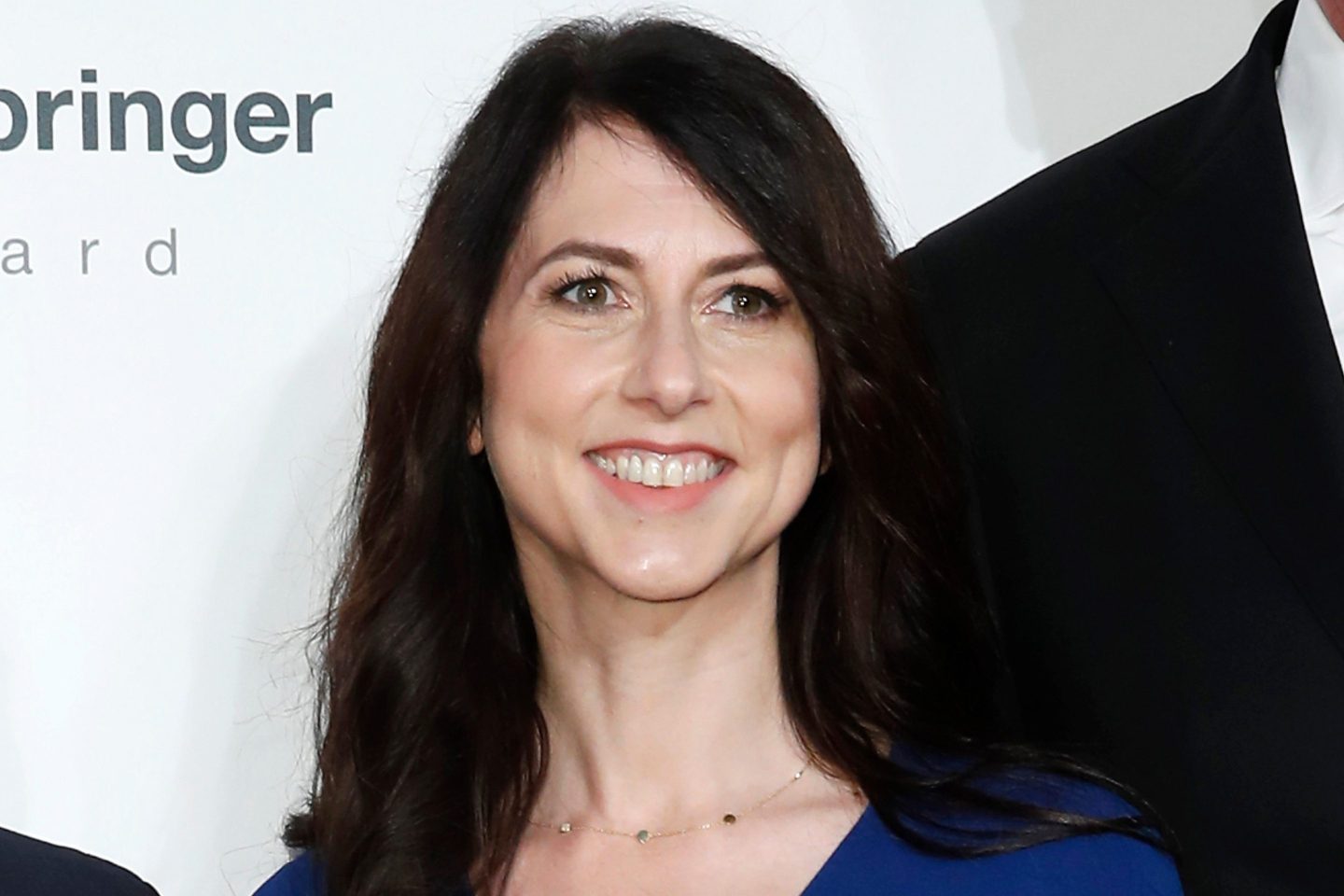Dollar Shave Club CEO Larry Bodner is under no delusions about the brand’s recent performance.
More than a decade after cofounder and former CEO Michael Dubin’s viral ad launched its successful direct-to-consumer (DTC) business, Dollar Shave Club is far from its mid-2010s peak. Unilever, after paying a record $1 billion for the company, offloaded a majority stake to private-equity firm Nexus Capital Management in 2023 for an undisclosed sum. And although Unilever never broke out Dollar Shave Club’s results, former Unilever CEO Hein Schumacher said at the time of the sale: “Not all of our acquisitions have delivered, and we’ve made some unsuccessful attempts to move away from our core.”
Addressing a room full of employees assembled for a ribbon-cutting ceremony at the company’s new headquarters in Durham, N.C., earlier this month, Bodner was optimistic but candid as he spoke of “bringing the brand back.” In an interview with Fortune, Bodner went even further.

Post-acquisition, Unilever moved the brand away from its core values while also scaling back its investment in product quality, said Bodner.
“They neutered the voice of the brand. They tried to make it too corporate, and they lost that irreverent, ‘on the edge’ humor. And when you do that, you lose the consumer,” he said.
Since prior leadership under Unilever was worried about cannibalizing its bread-and-butter consumer sales, it was also slower than its competitors, like Harry’s, in releasing products in stores, Bodner said.
The company is now trying to rectify both mistakes, Bodner added, despite declines in the DTC business model that has plagued others like Casper, Allbirds, and Stitch Fix.
A spokesperson for Unilever did not immediately respond to Fortune’s request for comment.
Moving forward
Dubin, who reportedly snagged a $90 million payout during the Unilever acquisition, left in 2021, but his 2012 viral video, “Our Blades Are F***ing Great,” still defines the company’s culture. In fact, there is a framed photo of a poster featured in the video in its Durham office.

While the original video was peak millennial humor, Bodner shies away from the idea that Dollar Shave Club is a “millennial” brand and said internal data shows the company is tracking well with Gen Z.
The 62-year-old experienced CEO has led the company’s efforts to head back to its roots and target young consumers with a new ad campaign for a redesigned razor, which launched earlier this month, as well as a foray into college-themed razor handles. The company’s new College Razor Handles collection, for which it collaborated with Walmart, is part of its efforts to expand its retail footprint. But Bodner is clear that the brand is “not ignoring DTC,” because delivering razors is still an essential need for its convenience-seeking customers.
With its new headquarters in Durham, the company is also now located near schools like the University of North Carolina and North Carolina State University, as well as Duke University, where Bodner earned his MBA.
Although he admits the direct-to-consumer business is competitive, he thinks the company has an edge over two of its closest competitors.
“One unnamed competitor, the largest one, is all about technology and telling you what you need and [the] latest gizmo. Another one is about the elite on each coast, and that’s not really us,” he said.
The company’s marketing and its unique voice, Bodner said, still lead its efforts to distinguish itself from its competitors and are central to its comeback.
“The question is, How do we bring fun back to a routine? And that’s exactly why you need to evoke some emotion with the brand,” he said.













